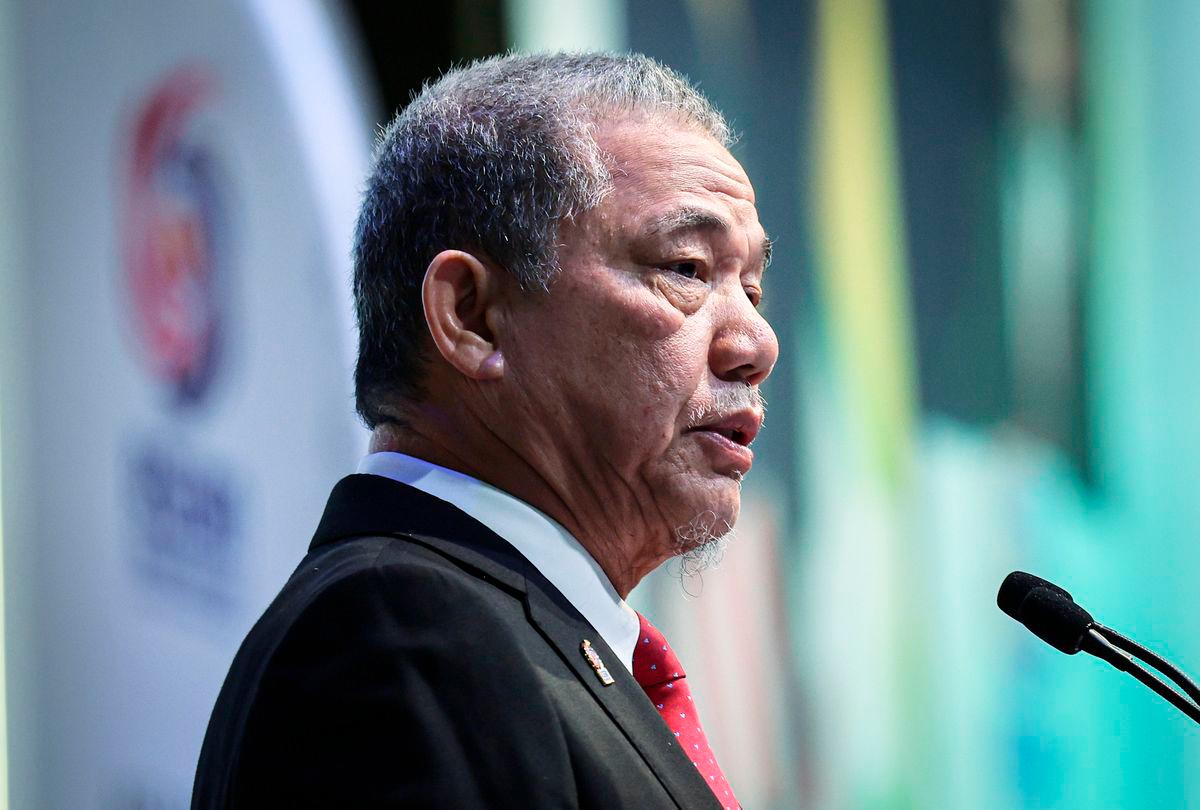BEIJING: Deputy Prime Minister Datuk Seri Fadillah Yusof has declared his seven-day working visit to China a success in strengthening bilateral commitment towards closer ties.
He stated that the visit is expected to yield tangible benefits for both Malaysia and China, as well as the wider ASEAN region.
“This cooperation is being strengthened through trade, investment, innovation and people-to-people exchanges, which form the pillars of shared prosperity and regional stability,” he said at a concluding press conference.
Fadillah, who also serves as Energy Transition and Water Transformation Minister, highlighted sustainable development cooperation in water, energy and waste management.
“Through pilot projects and innovations, Malaysia aims to reduce costs, enhance efficiency and safeguard the people’s well-being, in line with the Malaysia MADANI agenda,” he explained.
He expressed gratitude to the Chinese government for the invitation to the 22nd China-ASEAN Expo and for the hospitality shown during his stay.
His visit began in Nanning on September 17, where he delivered Malaysia’s keynote address and held talks with China’s Vice President Han Zheng.
A subsequent meeting with the chairman of the Guangxi Zhuang Autonomous Region government focused on renewable energy and water resources management.
In Chongqing, Fadillah toured several leading companies in the water resources sector.
“I am very impressed with China’s technological advancements in flood mitigation, water treatment, and sustainable management systems,” he noted.
The visit concluded in Beijing with a meeting with China’s Vice Premier Liu Guozhong and an engagement session with major Chinese energy companies.
“The commitment shown by China’s leadership, and the spirit of cooperation throughout this engagement session, reflect the closeness, trust and strategic importance of Malaysia-China relations,” he added.
Fadillah stated that the visit had further strengthened the momentum of bilateral ties at the highest level.
Both nations agreed to explore cooperation in river basin management, flood mitigation and the ‘Sponge City’ concept.
China’s clean energy leadership presents opportunities to strengthen Malaysia’s National Energy Transition Roadmap.
Identified cooperation areas include solar, hydro, nuclear technology, battery energy storage and pumped hydro solutions.
Under Malaysia’s ASEAN 2025 Chairmanship, the country is driving the ‘Enhanced MoU’ on the ASEAN Power Grid for multilateral power trade. – Bernama









